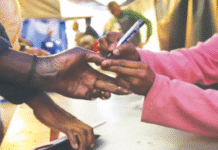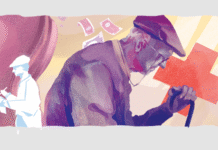Journalists summoned by police for reporting on police high-up

In a statement released on June 17, the Dhaka Union of Journalists (DUJ) expressed deep concerns over the summoning of at least 10 journalists by the police, after the publication of a report about the corruption of a senior cop. The DUJ also said that the move goes against the country’s law and practice and that this type of letter by the police created a kind of psychological pressure which was inconsistent with the free flow of news.
The summoning of 10 journalists together by the police, relating to a story that involves police high-ups, is unprecedented in our country’s history. If police, or anybody else for that matter, sees a report in a newspaper that they would like to object to or enquire about, the first step should be to write to its editor. Then, if they wish, they should get an appointment and meet the head of the organisation. But this direct summoning is not acceptable.
It is the role of the journalists to break barriers of secrecy and inform the public about true and objective information, while protecting the confidentiality of their source(s). When journalists are summoned by the police for reporting on them, on a matter that the public should be informed about—which is their duty—it is bound to seem as if it was done to send a message. And the message, it seems, is that journalists should not be reporting on police high officials.
We think of it as nothing but a subtle way to intimidate the media. And such intimidation is neither acceptable, nor does it serve to help improve the image of the police. Moreover, it is the right of the public to know true information about the police that is meant to serve and protect them. It is unacceptable for journalists to get intimidated for doing exactly that.
It is with that in mind that we call for an immediate withdrawal of this summon letter, and also for an end to such intimidation tactics.









